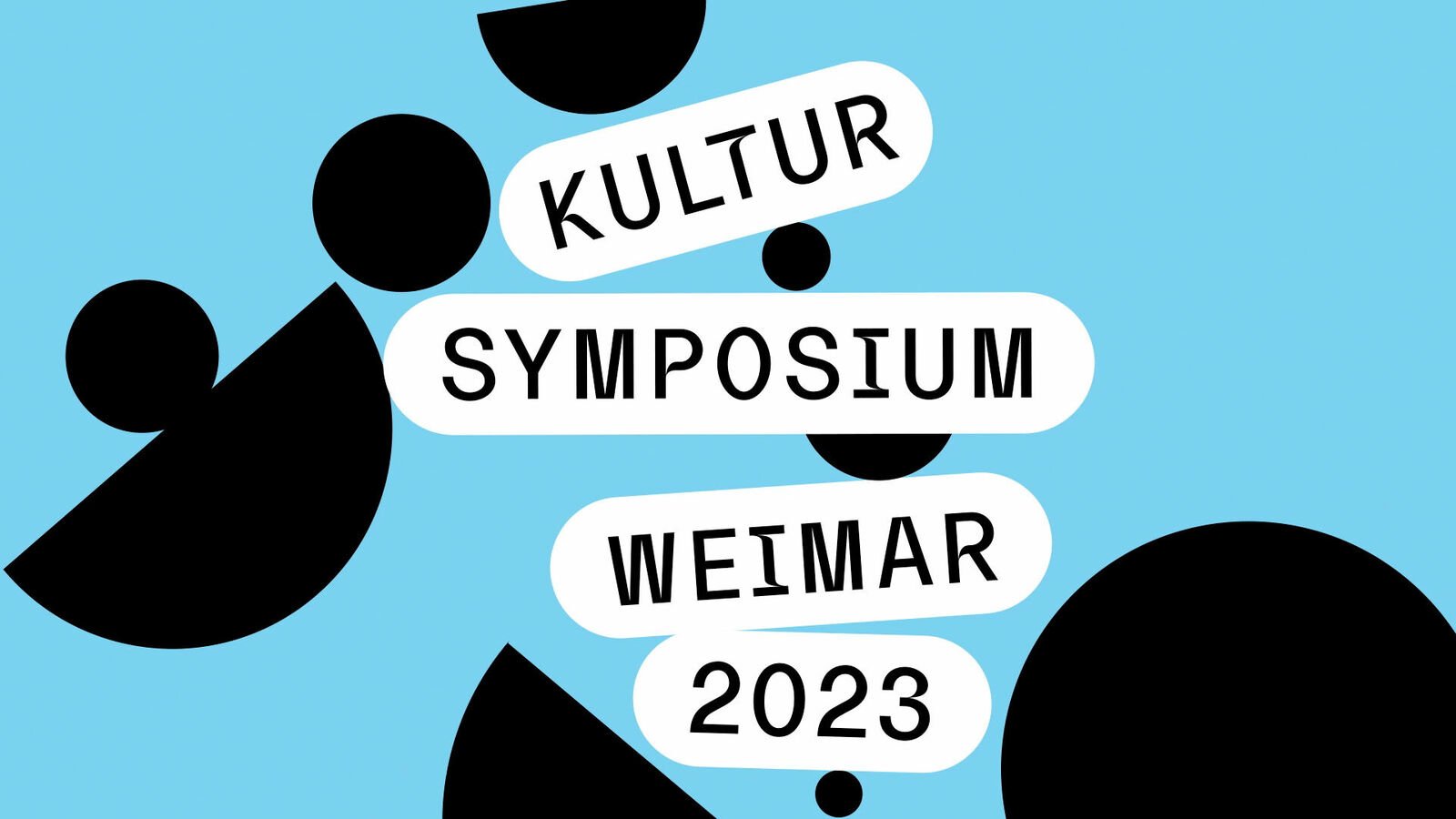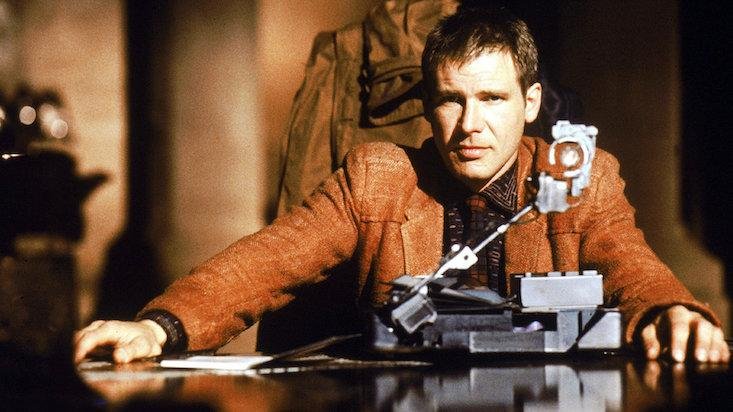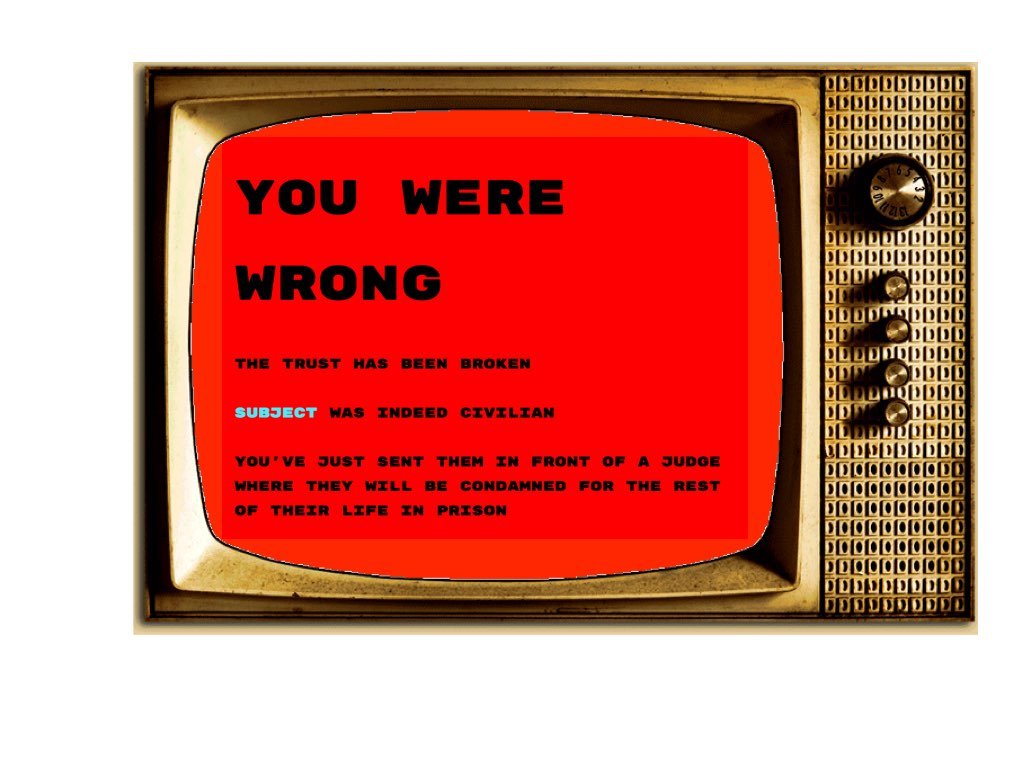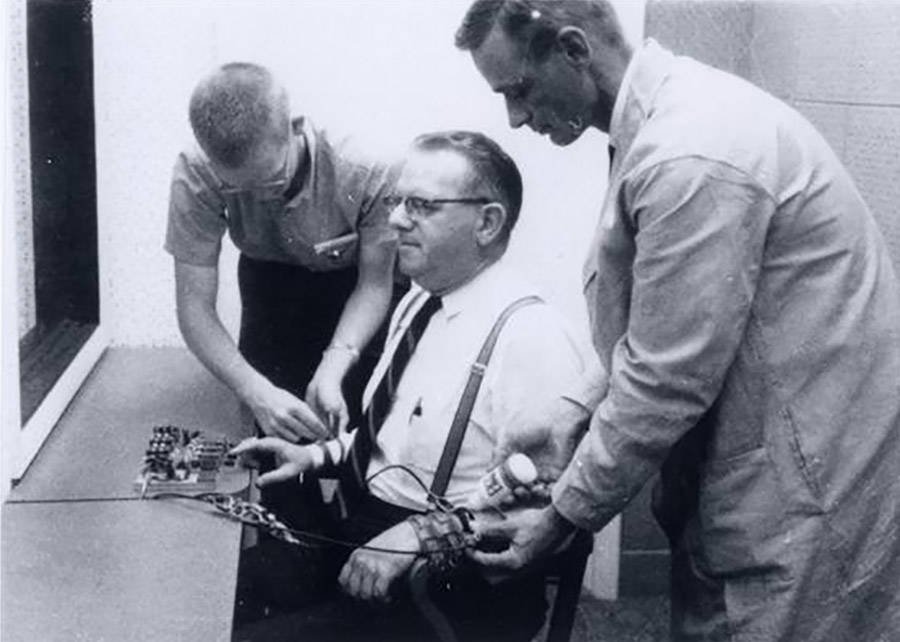
The Interview
A game to explore trust, technology and bureaucracy
The internet sometimes is a great place: I just had published this personal website of mine that I got contacted by the Goethe Institut Germany to send a proposal for a game to be played at their bi annual festival (KulturSymposium to be precise), the theme was very intriguing and something that I’m interrogating myself about a lot: trust.
I already had a great experience working with Goethe Institut, since I collaborated with the Athenian branch of it for another project about Trust, Trust in Play- the European School of Urban Game Design.
Trust + games = social deduction!
When we talk about trust in games is very easy to start thinking about social deduction games, like Werewolf or Mafia, in these games someone assumes an hidden role and alternating between a phases of day and one of night, as a collective we have to find who is lying or who is saying the truth.
The second quick image that came to me was a scene from the movie Blade Runner, in which Rick Deckard (Harrison Ford) interrogates Rachael (Sean Young) a replicant at the service of the Eldon Tyrell CEO’s with a bunch of machines, and a sequence of very strange questions (later I discovered that the test has also a name Voight-Kampft).
Something else came to mind..
Doing some research I remembered also another project that I’ve heard that was really fascinating for me, the so called Milgram experiment on obedience and authority. These experiments that are in the meanwhile heavily contested because of the lack of scientific method, wanted to prove that when we are under pressure for authoritative figures, we tend to delegate out sense of ethics and make choices that are hurtful to others.
I started designing the Interview with these ideas in mind, social deduction, some retro-technology and an interrogation between someone in power and someone unaware of what was going on.
The team started assembling..
While I was still in the ideation process I was lucky enough to meet Bryce Lemke, a digital artist from Portland, OR. Bryce was part of a group show and he had brought up some technological equipment that were able to analyse brain waves, expressions and heartbeat. I was hooked by the aesthetic of Bryce work and the potential for these technology to be used inside a game like the Interview. I reached out with a proposal and Bryce was happy to collaborate, together we developed a sequence of questions and some tech that could will help us create a feeling of an interrogation.
I did multiple playtest online and thanks to a lot of great and honest feedback I was able to tweak the game to a form that was not about winning or losing anymore, but more about experiencing the feeling of being interrogated or to interrogate someone and the strange relationship that this dynamic, filtered through technology, creates.
The Interview was ready...almost
In Weimar I was joined by Maria Saridaki, the Artistic Director of Trust in Play and also a game scholar, and together we designed the live part of the game.
The Interview was concluded by a follow up discussion, that was self-facilitated by the players, and from feedbacks that I’ve received afterwards, was particularly successful on highlighting the bias of technology, power dynamics and how easy we give up trust.
More than 60 people participated in the three run that we host during the KulturSymposium and we were featured also in the 3sat Kulturzeit reportage that was broadcasted in 3 german speaking countries (Austria, Switzerland and Germany).
Click on the image below, the coverage starts at minute 7.10 (in German).
Further readings available here
If you’re interested in having the Interview at your show, please reach out at hello@matteouguzzoni.com

Credits
The Interview, a game by Matteo Uguzzoni.
Commissioned by Goethe Institut for the Kultursymposium Weimar - 2023
Technical assistance by Brice Lemke
On-site performance and game design: Maria Saridaki
Texts by Matteo Uguzzoni
All Pictures © Goethe-Institut / Victoria Tomaschko














